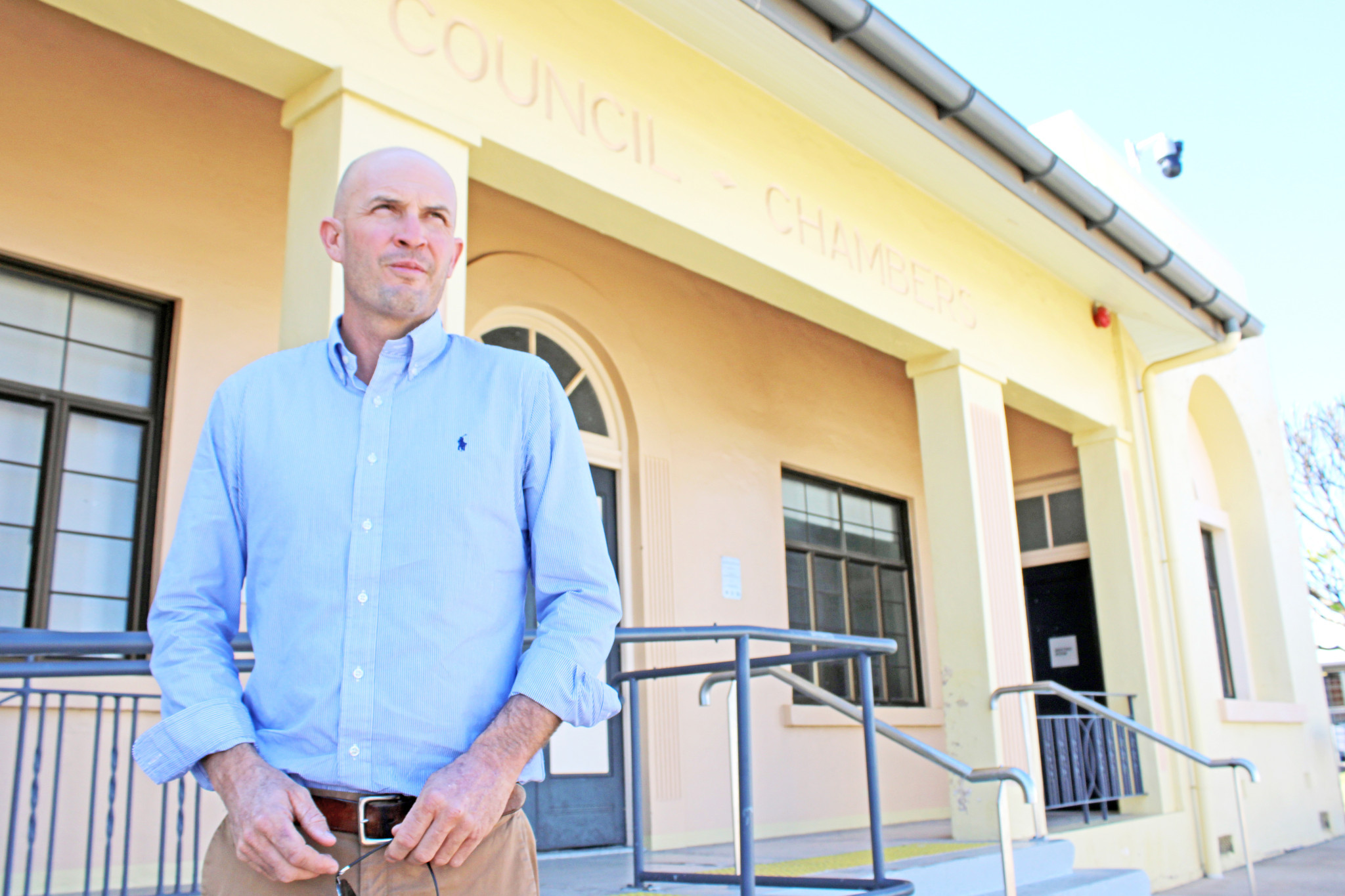General News
28 August, 2024
Zonal tax needs an overhaul: Cloncurry mayor
The government should be incentivising bush living, says Greg Campbell.

The zonal tax offset should be drastically increased and provided to taxpayers as part of their regular pay cheque to drive population growth in the North West, says Cloncurry mayor Greg Campbell.
The calls to increase the ZTO is supported by academic research that found the offset has become economically irrelevant as it has declined from being the equivalent of 60 per cent of the income tax payable for the average wage earner in 1946 to less than 2 per cent in recent years.
With the federal Coalition indicating its willingness to consider long desired changes to tax arrangements for rural and remote residents, Cr Campbell said any ZTO alterations should include consideration of the manner in which it is released to taxpayers.
Citing previous government incentive programs, such as with his former employer Ergon Energy, Cr Campbell said rather than the ZTO simply being applied as an end of financial year deduction, it should be used to reduce the regular employment cheque of locals and displayed on the pay slip as such.
“If people could see a payment in their pay cheques every week or every fortnight that shows they are receiving more money into their bank account because of this special tax deduction, then I think the zonal tax offset would be something that would encourage people to remain in our area for longer,” he told North West Weekly.
Cr Campbell said he believed the offset should also be drastically raised – suggesting something as high as a ten-fold increase to between $10,000 and $20,000 per financial year – to make it a serious enticement for families looking to relocate to rural and remote areas for employment.
Cr Campbell’s claims are consistent with the intended policy aims of the ZTO.
A 2019 paper written by two Curtin University academics found the ZTO had undergone government reviews at “reasonably regular intervals” since its inception in 1945 until the early 1990s, to determine whether the rate needed to be increased or the geographical boundaries needed to be altered to ensure it remained aligned with its policy objective of encouraging relocation and retainment of people in the rural and remote zones.
When these reviews took place, the paper found the offset was a significantly higher proportion taxable income – for example, in 1946 the ZTO of £40 represented 60 per cent of income tax payable for the average income earner.
This compares to today, where the $338 rebate for a worker living in Zone A, which includes Mount Isa and Cloncurry residents, is a mere 1.9 per cent of income tax payable based on an average salary of around $80,000.
The paper concluded that many across government and affected zones now largely view the ZTO as irrelevant because it has not kept pace with inflation.
The paper authors stated that if the ZTO was to be maintained, it should be returned to a rate that was comparable to the 60 per cent of income tax payable that was seen in the 1940s.
The authors also pointed out the irony that as populations – and voter numbers – decline in rural and remote areas, it became less politically expedient to revamp the ZTO.
“By applying the same tax rates to both the taxpayers of remote regions and those living in Australia’s cities, the differing environmental, social and economic circumstances of the two different classes of taxpayer are ignored,” the paper states.
“A lack of political significance, and the social divide between rural and urban taxpayers, contributed significantly to the lack of vertical equity in implementing tax concessions for taxpayers in the remote zones of Australia for many years.”
The paper also dispels concerns raised by the Productivity Commission and legal scholars that the ZTO is a breach of the constitution that says laws cannot discriminate “between states or parts of states.”
“It seems therefore that if it is ‘unconstitutional’ .... then the breach has existed for over 70 years through the administrations of no fewer than 18 Prime Ministers ... either all those administrations have been acting ‘unconstitutionally’ or that advice is mistaken.”